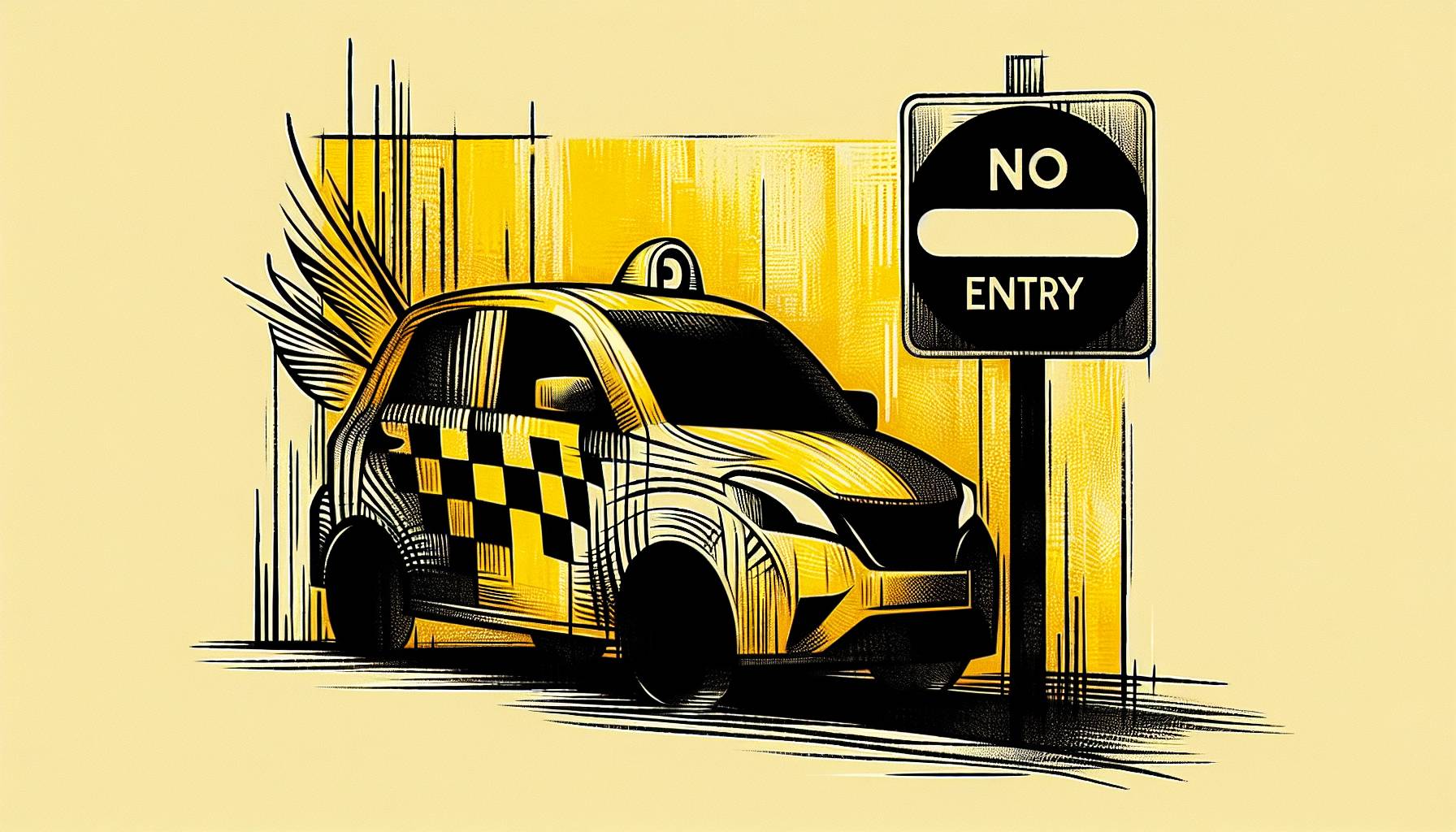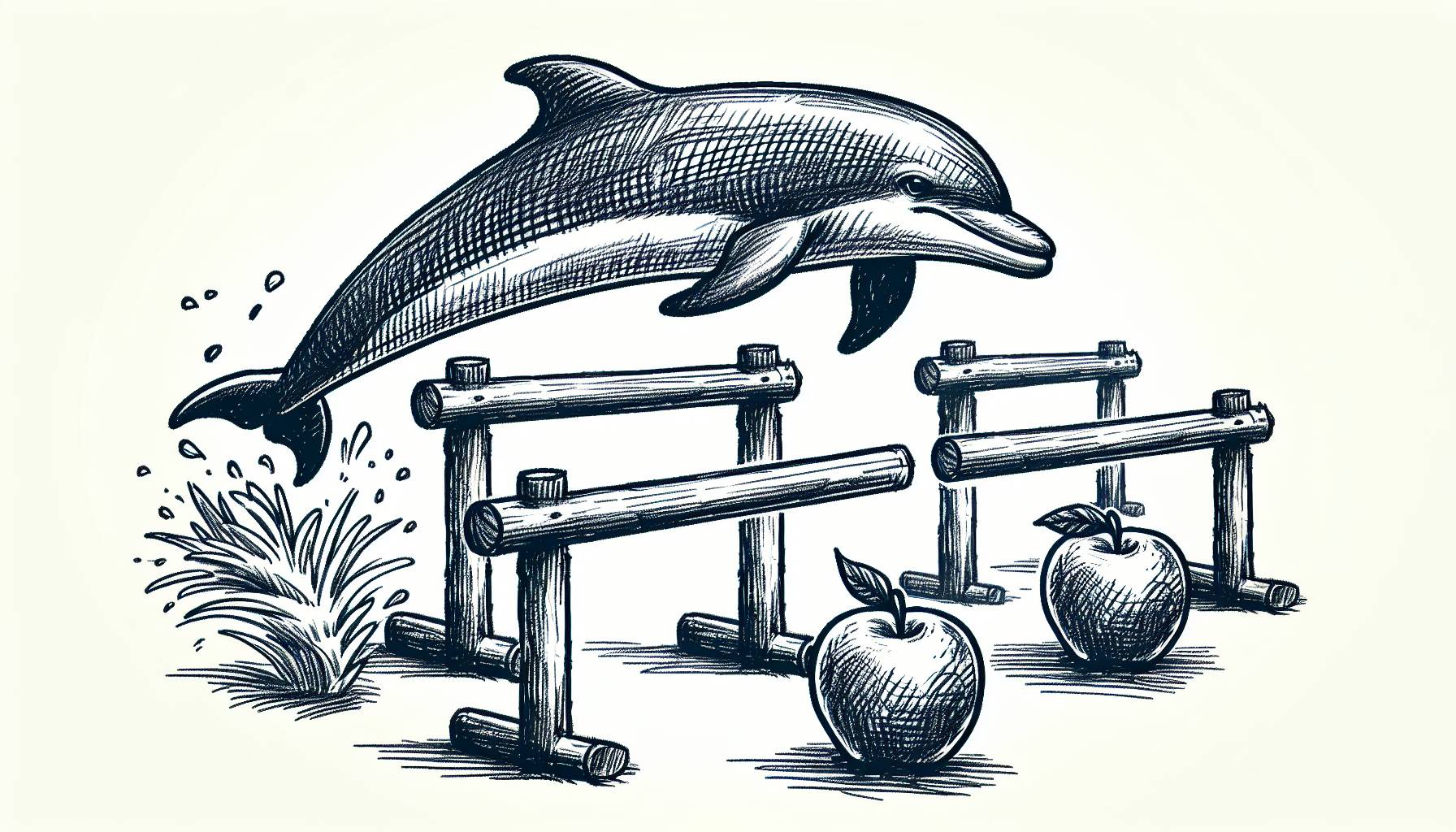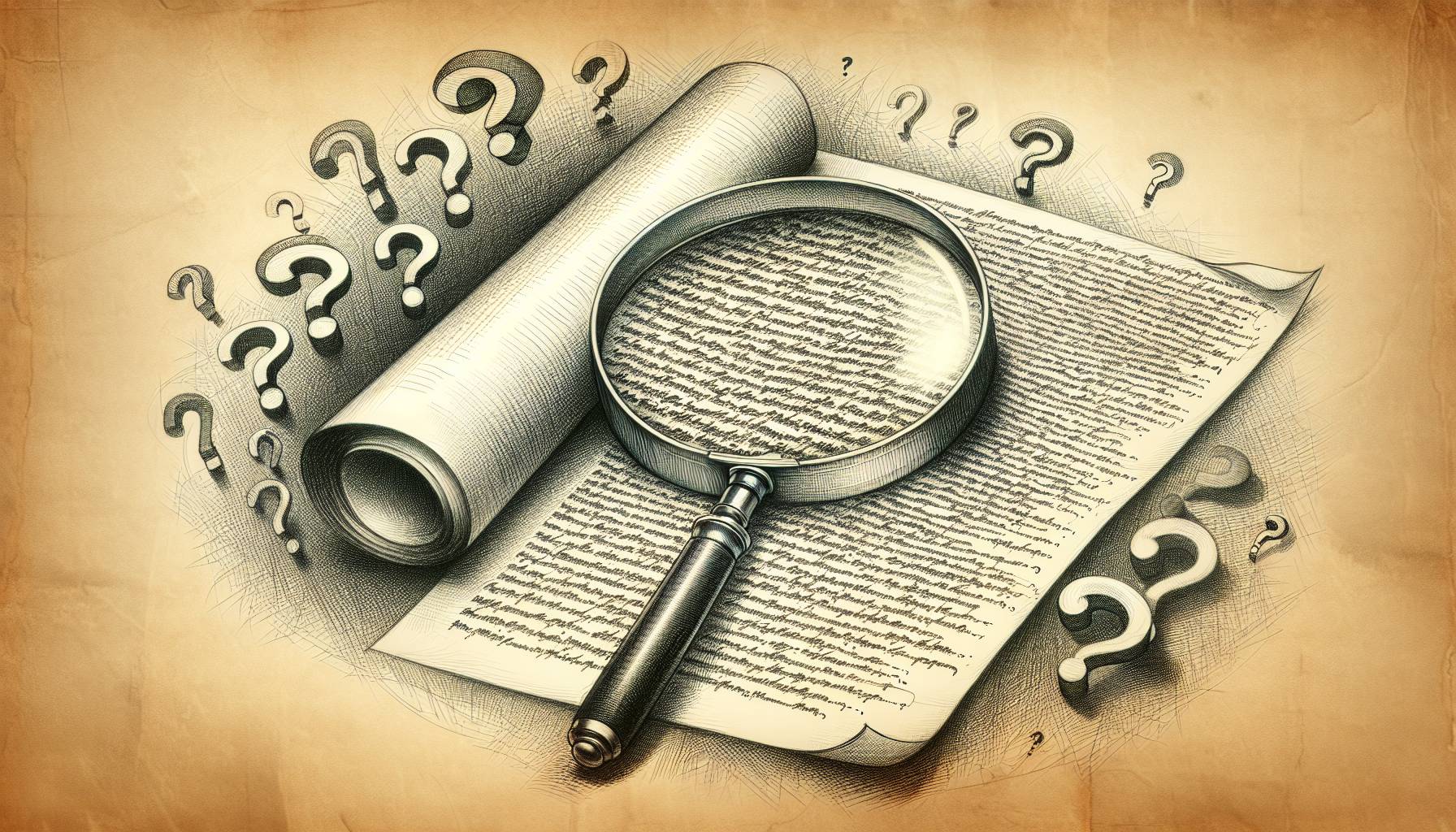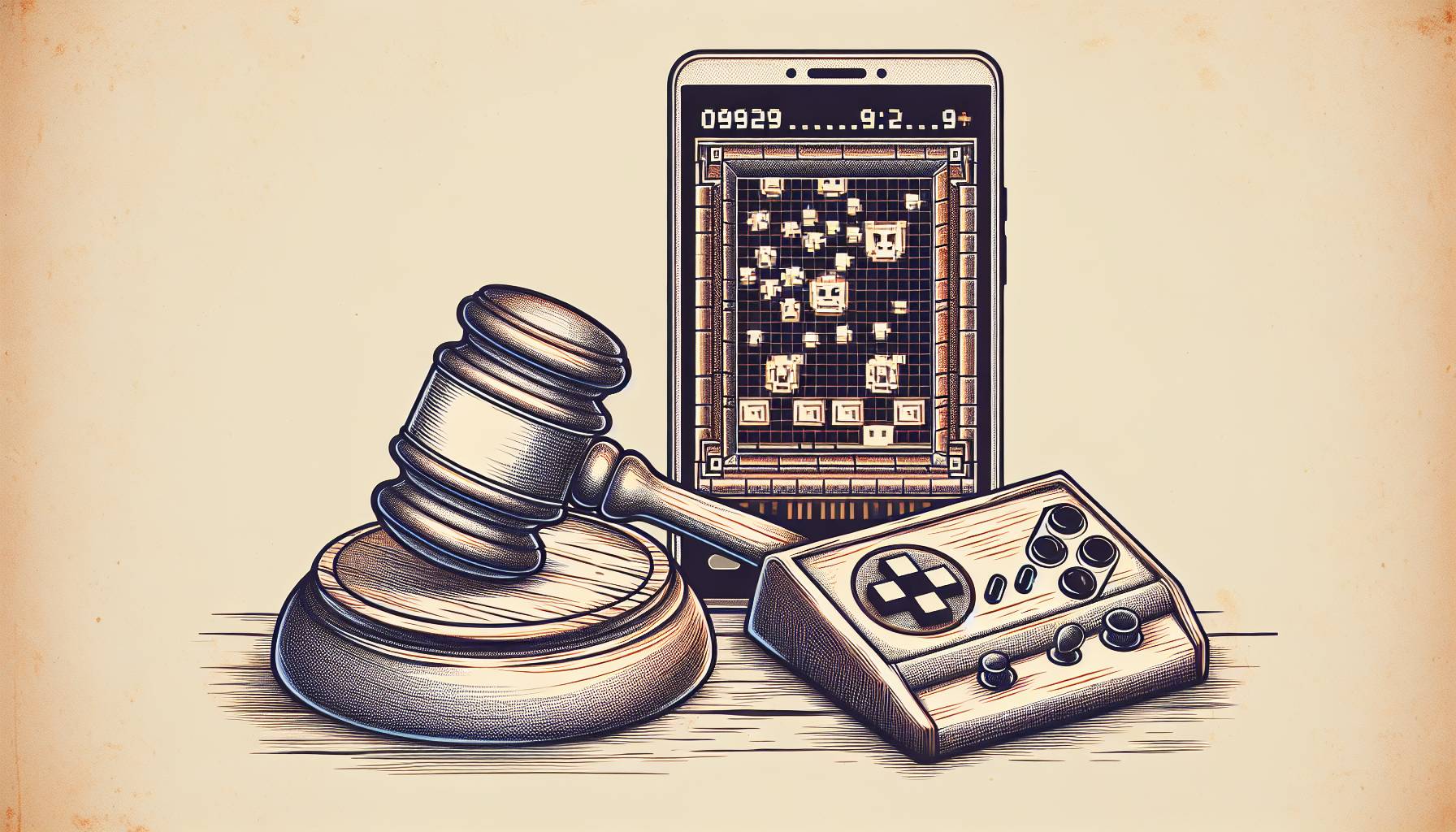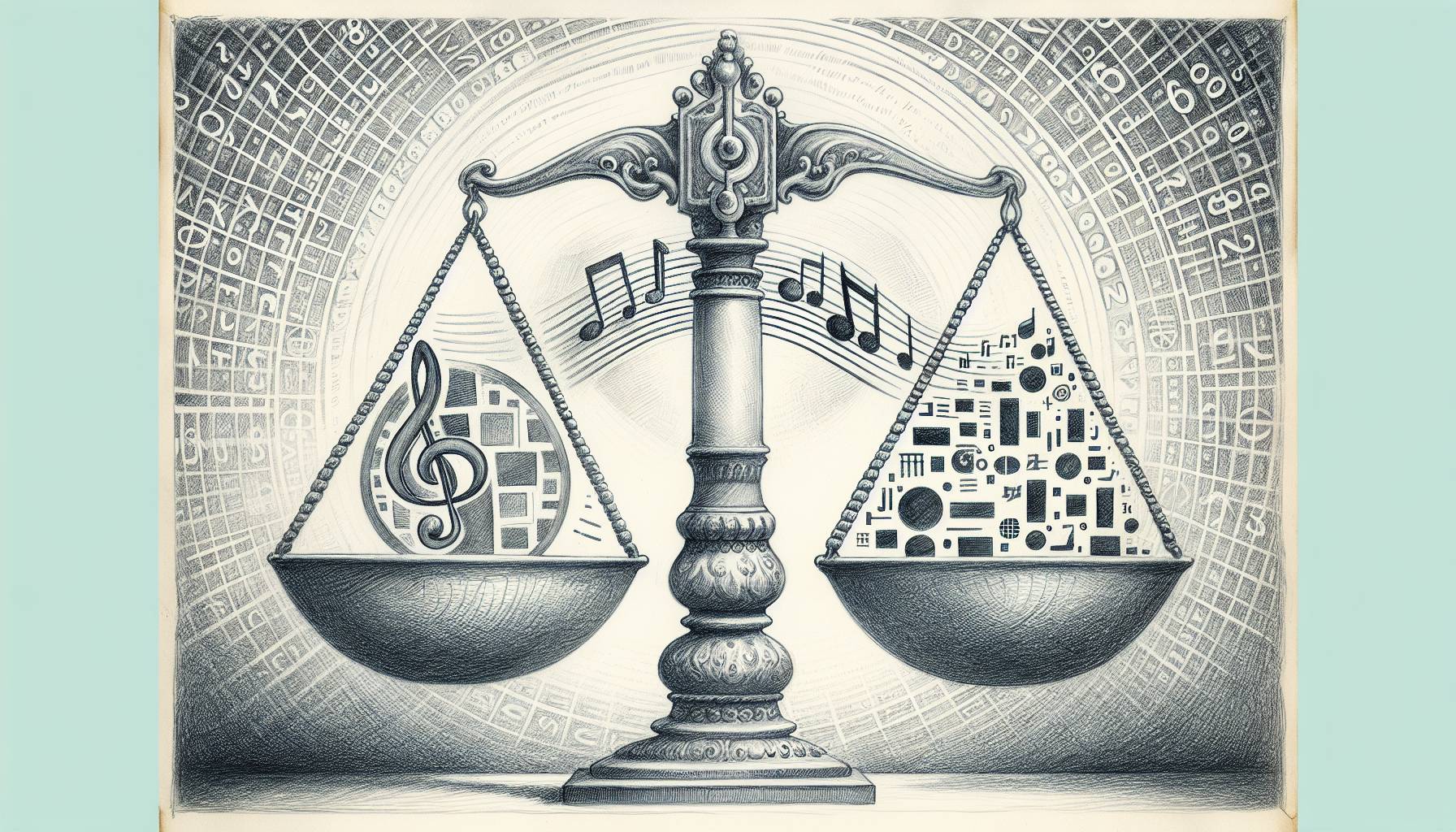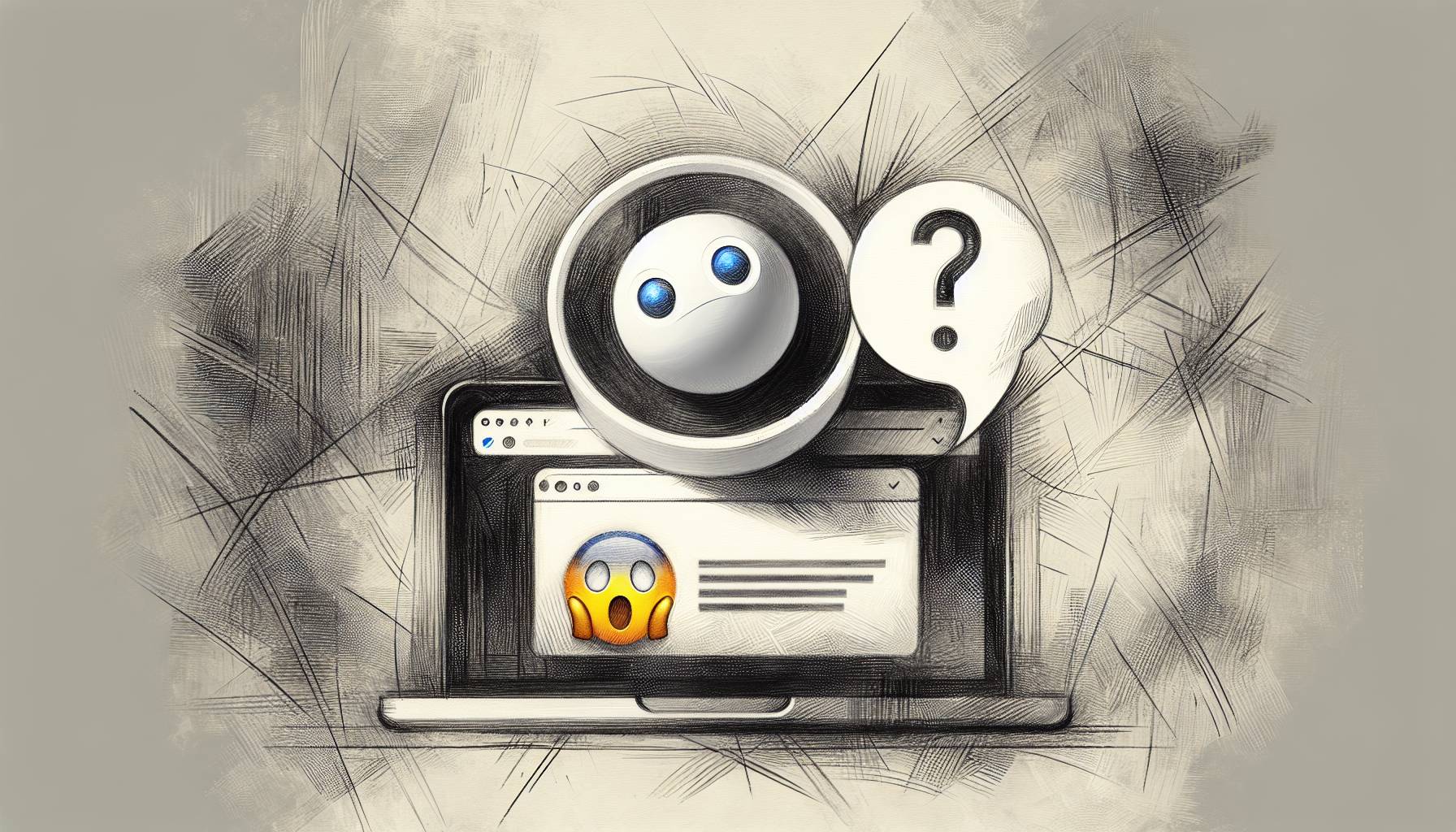Things are in something of a holding pattern in the case of Lodsys, a company holding technology patents for in-app purchases, and the lawsuits it has filed against several developers in the iTunes App Store.
But that might be about to change, based on a new patent Apple has filed that might give it some ownership over a piece of technology that sees widespread use in the ecosystem of its iOS mobile platform.
In-app purchasing is a pretty big deal in the App Store. It allows developers to offer a range of options to consumers and makes possible things like premium content in games, magazine subscriptions, video purchases and in-app stores. It also means a lot of money, which is why Lodsys has filed its lawsuits and why Apple has filed motions to be among the defendants.
Lodsys owns a patent on in-app purchasing technology, and it’s one which mobile software companies such as Apple, Google and Microsoft pay the company to license. Lodsys argues that the many developers that produce apps for the iTunes App Store should also have to pay licensing fees to use the technology. Apple disagrees, claiming its licenses apply to the developers in the App Store.
The lawsuits Lodsys has filed against developers could result in just about all developers being required to pay Lodsys a fee to use in-app purchasing, if the company is successful, but Apple is hoping to be a part of the defense and argue against that situation. So far, Apple has filed motions to be part of the suit, and things aren’t moving forward until a judge deals with adding Apple to the case.
But a newly unearthed patent filing from Apple could add another wrinkle to the whole situation, according to a story from Tom’s Guide Software. Apparently, back in April 2010, Apple filed a patent for “In Application Purchasing,” a very specific patent that covers exactly the technology included in its iOS apps. The patent was filed just after the release of iOS 3, when in-app purchasing was first enabled (we’re about three days out from the release of iOS 5).
Lodsys’ patent is titled “Customer-based product design module,” and it refers much more broadly to technology that allows developers and users to interact within apps, including allowing users to make purchases. If Apple’s patent is granted, both sides will likely have ammunition to fight the other on who really owns in-app purchasing. That could change the tenor of the whole Lodsys situation for developers: if Apple wins, it’ll more than likely be a non-issue. If Lodsys wins, it could potentially weigh in the company’s favor when it pursues licensing fees.
It wouldn’t be a smack-down victory for Lodsys even if the company won a patent dispute with Apple, though, given that it’s the license that’s at issue with app developers, not the patent itself. Still, the outcome of this filing could make for some big ripples in the mobile app market. If Apple takes down the patent, then bests Lodsys in court, it could be Apple that comes out with a patent for in-app purchasing. Theoretically, Apple could then license developers in the App Store, while charging Google, Microsoft and BlackBerry maker Research In Motion to license the technology. Apple could even do what Lodsys has done and challenge developers in its competitors’ market places and force them to pay licensing fees to Apple. However, there are a lot of developers working multiple markets, and Apple might just sit on the patent rather than attack devs in its own App Store.
That’s a whole lot of ifs, but it’s certainly interesting to think about how things might shake out down the line.





